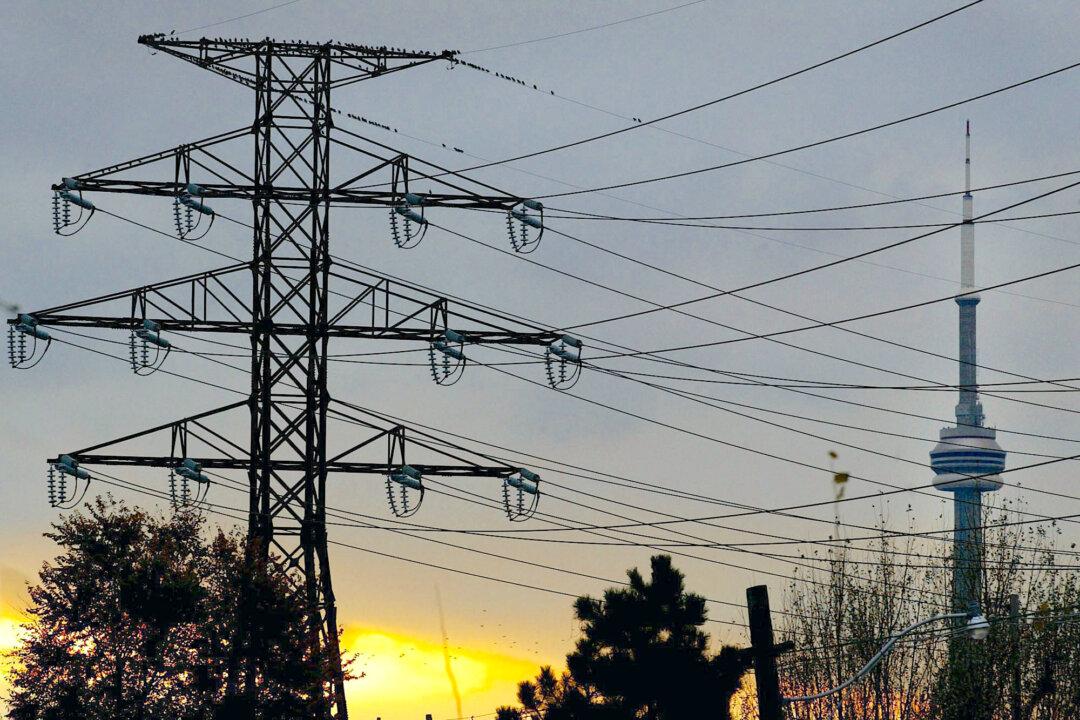Some of the top utility providers in the United States cut off power to customers across the nation despite receiving tax bailouts through the Coronavirus Aid, Relief, and Economic Security (CARES) Act during the COVID-19 pandemic, according to a new report.
In September, The Center for Biological Diversity’s Energy Justice Program and BailoutWatch released its “Powerless in the Pandemic” report which found that the nation’s top utilities received a collective $1.25 billion from last year’s administration bailouts, allowing them to grant customers temporary relief.




